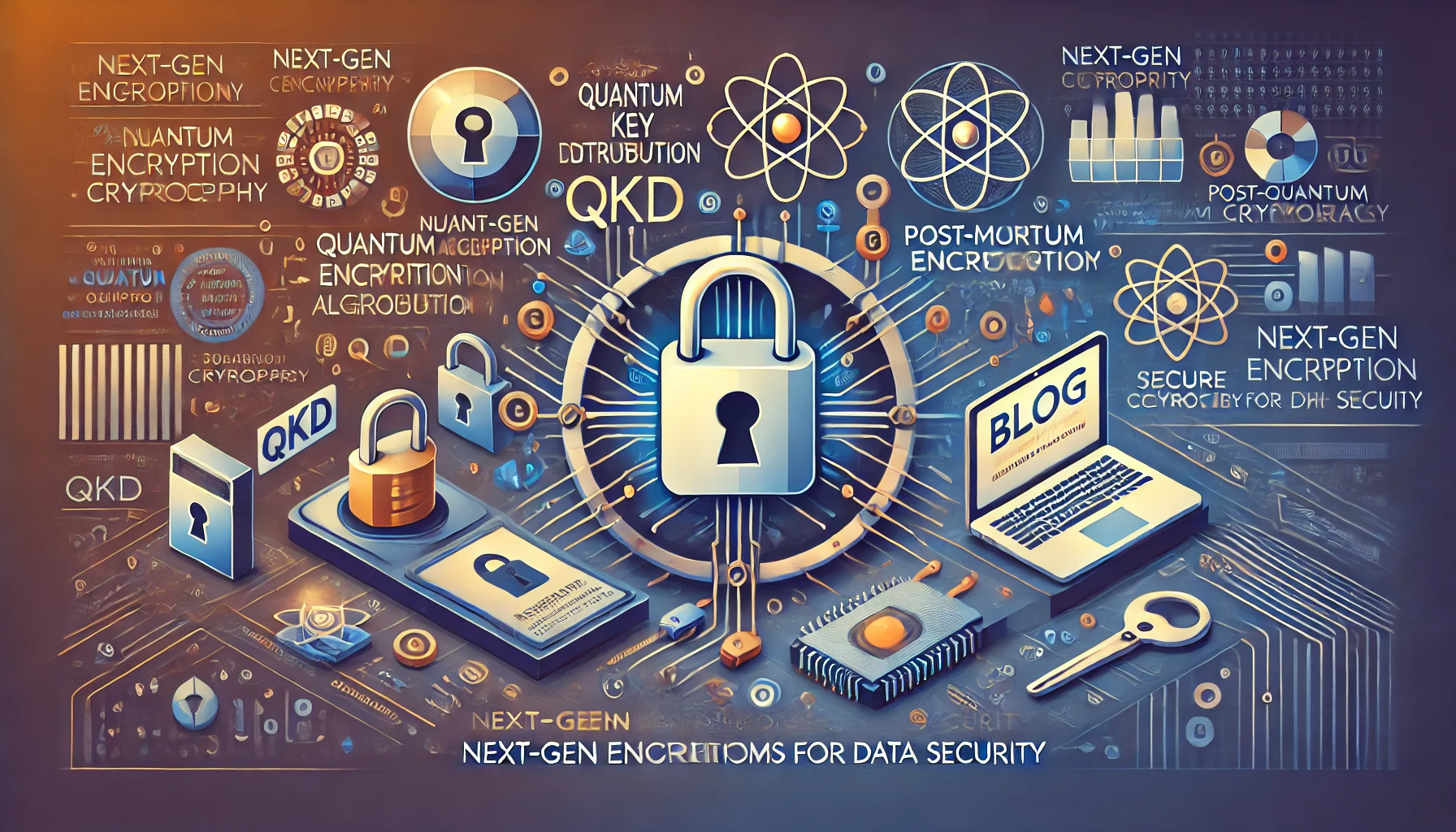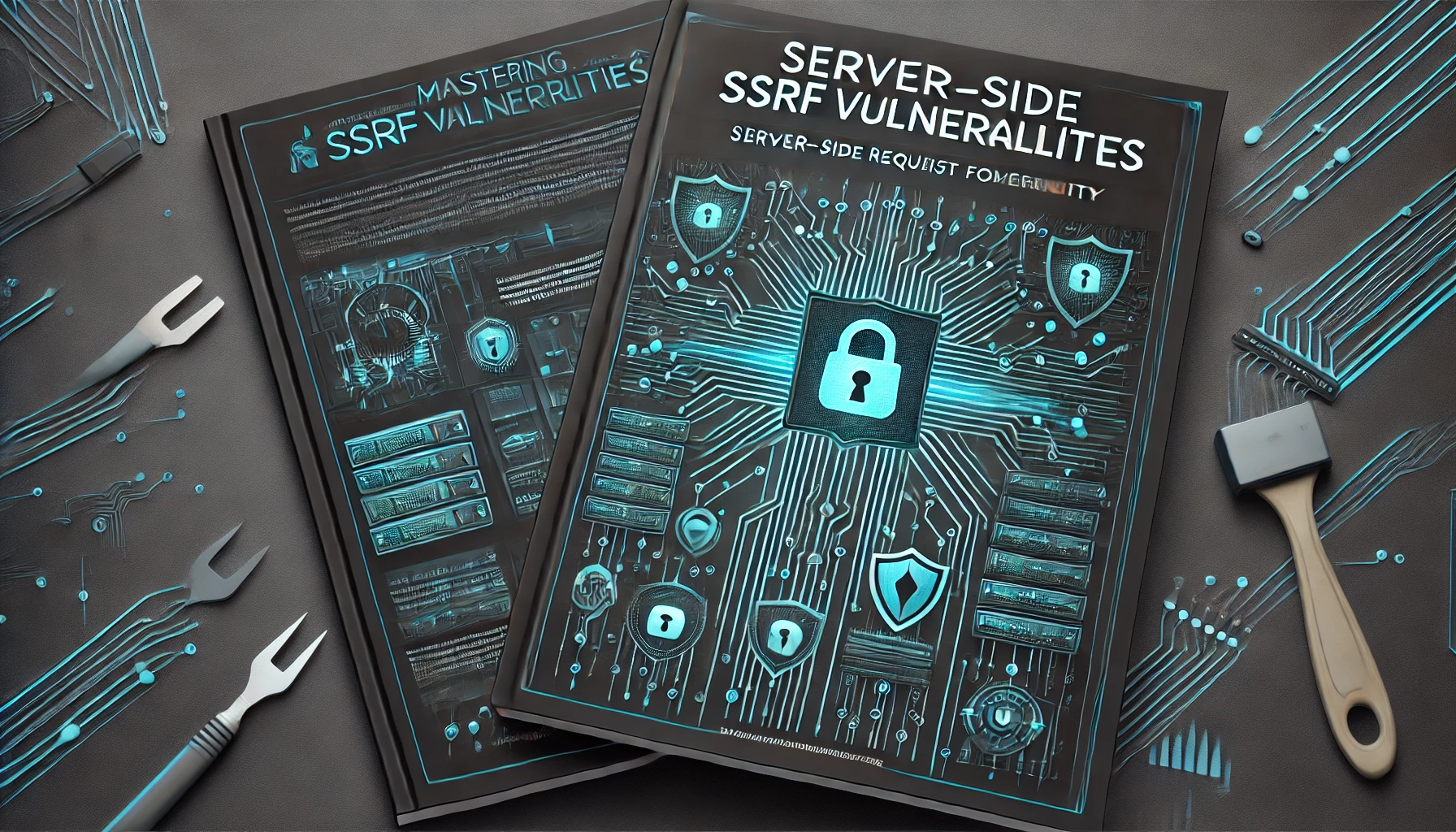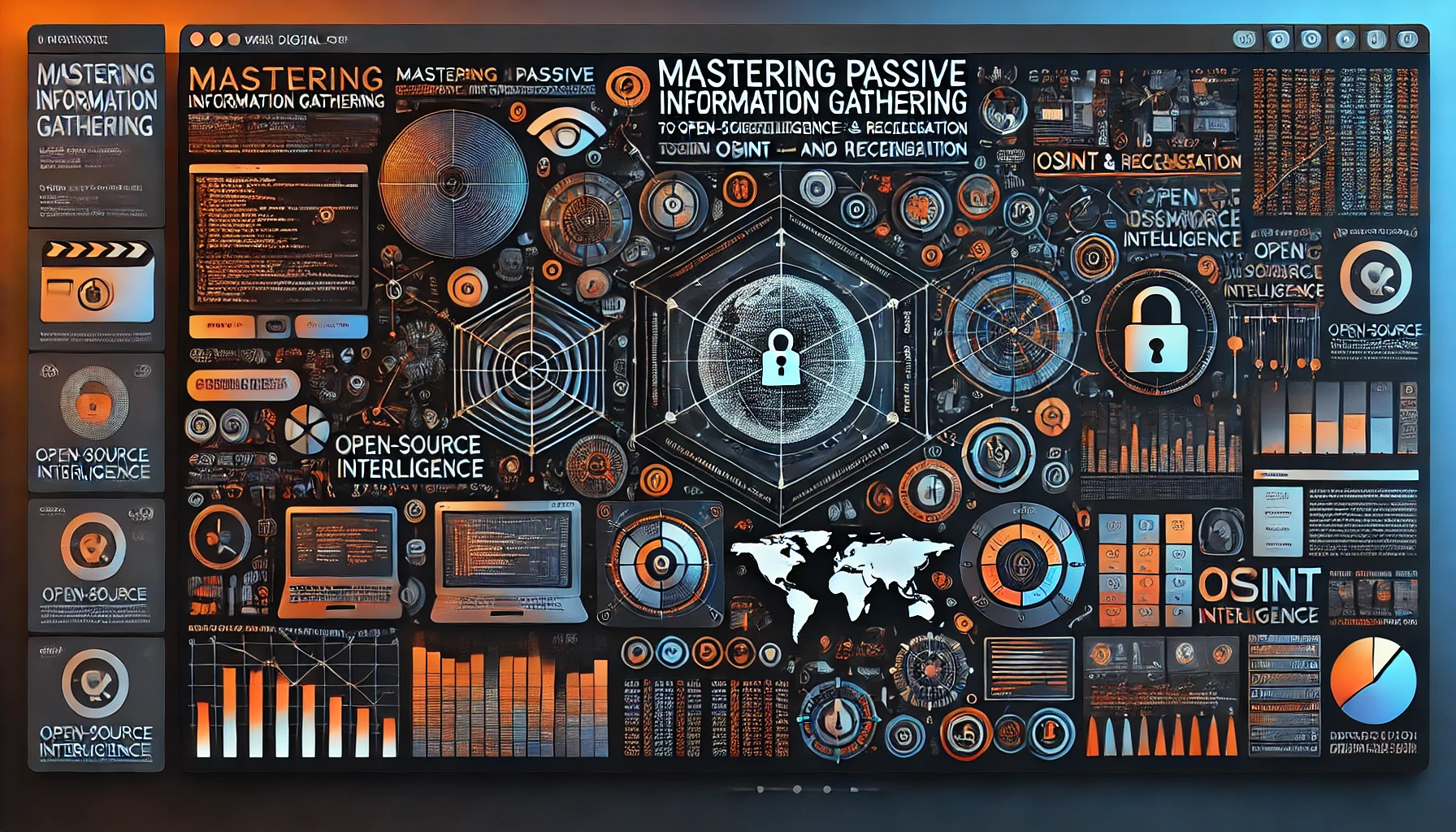
Next-Generation Encryption Algorithms for Data Security
In the ever-evolving landscape of cybersecurity, the importance of data encryption cannot be overstated. With the increasing sophistication of cyber threats, organizations must stay ahead of the curve by implementing next-generation encryption algorithms to protect their sensitive information. Let’s delve into some of the cutting-edge encryption techniques that are shaping the future of data security.
Quantum Key Distribution (QKD)
Quantum Key Distribution is a revolutionary encryption method that leverages the principles of quantum mechanics to secure communication channels. Unlike traditional encryption algorithms, QKD uses quantum properties such as superposition and entanglement to generate unbreakable encryption keys. This ensures that even quantum computers, with their immense processing power, cannot decipher the encrypted data.
Homomorphic Encryption
Homomorphic encryption allows computations to be performed on encrypted data without decrypting it first. This groundbreaking technique enables secure data processing in the cloud without compromising privacy. By preserving the confidentiality of sensitive information while performing operations on it, homomorphic encryption is paving the way for secure data analytics and outsourcing of computations.
Post-Quantum Cryptography
As the threat of quantum computers looms large, post-quantum cryptography is gaining traction as a viable solution to protect data from quantum attacks. These encryption algorithms are designed to withstand the computational power of quantum computers, ensuring the long-term security of sensitive information. By transitioning to post-quantum cryptographic standards, organizations can future-proof their data against emerging threats.
Secure Multi-Party Computation
Secure Multi-Party Computation (SMPC) enables multiple parties to jointly compute a function over their private inputs without revealing any sensitive information. By distributing the computation among the parties while keeping the data encrypted, SMPC ensures confidentiality and integrity in collaborative scenarios. This next-generation encryption technique is instrumental in protecting data during collaborative data analysis and decision-making processes.
Conclusion
As cyber threats continue to evolve, it is imperative for organizations to adopt next-generation encryption algorithms to safeguard their data. Quantum Key Distribution, Homomorphic Encryption, Post-Quantum Cryptography, and Secure Multi-Party Computation represent the forefront of data security, offering robust protection against emerging threats. By embracing these cutting-edge encryption techniques, organizations can stay ahead of cyber adversaries and secure their sensitive information in an increasingly digital world.
Stay Connected with Secure Debug
Need expert advice or support from Secure Debug’s cybersecurity consulting and services? We’re here to help. For inquiries, assistance, or to learn more about our offerings, please visit our Contact Us page. Your security is our priority.
Join our professional network on LinkedIn to stay updated with the latest news, insights, and updates from Secure Debug. Follow us here
Related Posts
Mastering Wi-Fi Hacking Techniques and Defenses: An Ultra-Extensive Guide to Wireless Network Security
Wireless (Wi-Fi) connectivity underpins modern communications—ranging from home routers to corporate networks supporting hundreds of…
Mastering SSRF Vulnerabilities: An Ultra-Extensive Guide to Understanding and Mitigating Server-Side Request Forgery
Server-Side Request Forgery (SSRF) is a critical web security issue where attackers manipulate a server-side…
Mastering Network Security: An Ultra-Extensive Guide to Protecting Modern Infrastructures
Network security stands as one of the pillars of an organization’s cybersecurity strategy, ensuring that…
Mastering Active Information Gathering: An Ultra-Extensive Guide to Probing and Recon in Penetration Testing
Active information gathering, also called active reconnaissance, involves directly interacting with a target’s infrastructure to…







